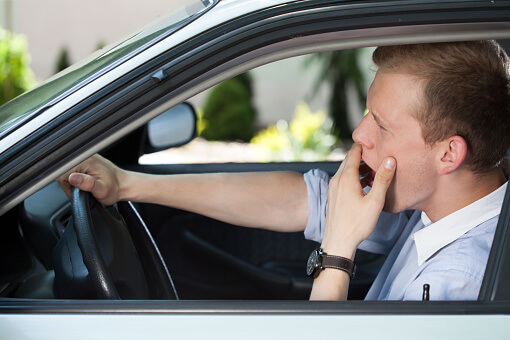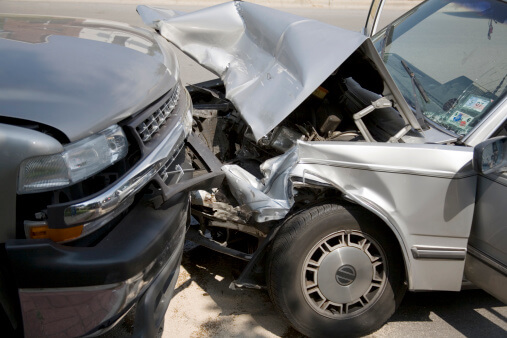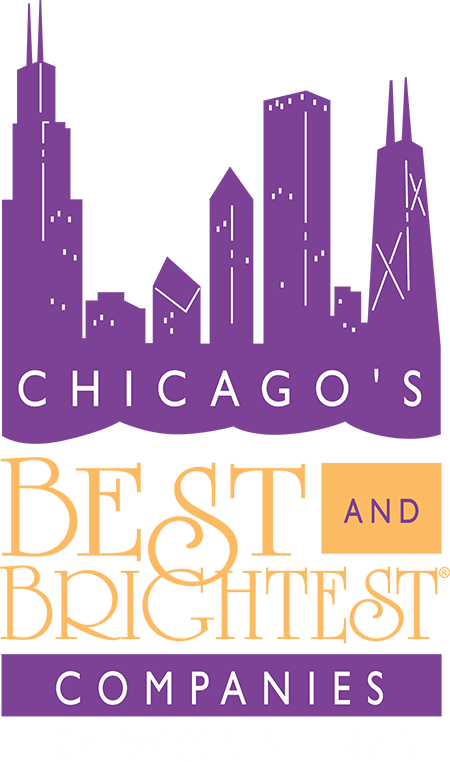In Chicago, Hyde Park, Bridgeport, Edgewater, Lincoln Park and surrounding areas, motorists are at risk because of over-tired drivers on the roads. While there are strict rules set by the Federal Motor Carrier Safety Administration that limit the number of hours a trucker may operate a commercial vehicle before resting, there are no similar rules for average motorists on the road. This is likely because it would be very difficult or impossible to restrict hours or pass laws preventing an average motorist from being behind the wheel too long because people do not track the hours that they drive.
Drivers should stop operating their vehicles when they begin to feel too tired or begin to nod off, and they can be considered negligent if they do not. This can lead to liability for car accident injuries. Despite this, far too many motorists fail to realize when they are getting too tired or they simply make the dangerous decision to keep going despite the fact that they are fatigued enough to be impaired. The National Highway Traffic Safety Administration (NHTSA) recognizes that prevention of drowsy driving is challenging, but also important. The NHTSA has announced a plan to focus on drowsy driving prevention – although the plan does not appear to be working.
A New Focus on Drowsy Driving Solutions
Automobile Magazine reports that the NHTSA has made drowsy driving one of its top areas of focus this year. An NHTSA administrator indicated that making drowsy driving prevention a prime goal just makes sense because driving while fatigued is a universal problem that could affect any motorist at any time. While not every driver drinks or speeds, everyone sometimes has a hard time getting sufficient sleep and becomes fatigued behind the wheel. When motorists are going 60 or 70 MPH and start to become tired, people’s lives are in danger. In fact, around 72,000 crashes happen each year as a result of overtired motorists (which is around 2.2 to 2.6 percent of total crashes).
The NHTSA, however, has not announced a clear or viable plan that is likely to make a difference in actually making the roads safer. The NHTSA’s plan is to do more research into the problem and increase public education. The research will be focused on whether it would be more effective to stop drowsy drivers through the use of technology or through the use of electronics.
The problem is that research will not necessarily provide any useful solutions any time soon. Likewise, public education may not be very helpful since most people know that it is dangerous to drive when falling asleep, and yet continue to do so. Clearly, if the agency is serious about stopping fatigued drivers from creating dangerous roads, the NTHSA needs to do much more to attack this problem.
A Chicago, IL accident attorney can help after an injury. Call Coplan + Crane at 800-394-6002 to schedule your free consultation. Serving Chicago, Oak Park, Hyde Park, Bridgeport, Edgewater, Lincoln Park and surrounding areas

















